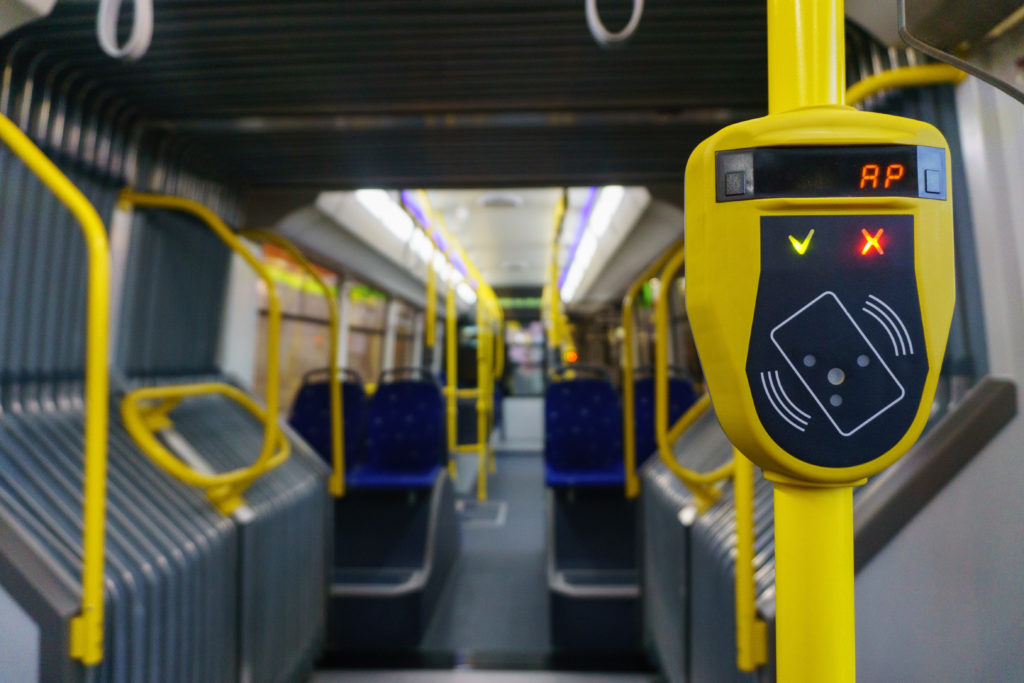The UK Government and the Rail Delivery Group (RDG) have recently published their ‘Joint Rail Data Action Plan’ which outlines how rail operators and tech firms can better collaborate on data sharing to drive innovation for the benefit of rail passengers.
Around 1.7bn passengers travelled on the UK’s railways in 2017, and demand is projected to increase by an additional 15% by 2024.
To demonstrate the industry’s commitment to opening-up more data, within the next 12 months, RDG will make available:
- GPS train data which will provide accurate information on the location of train services, enabling passengers to track train movement
- Real-time train centric data, which will provide information on train compositions, seat availability and the status of on-board services and facilities
- Granular disruption data, which will provide better information on delays, cancellations and services alterations
- Better information on station facilities
“Digital technology in rail already means more timely information and less time spent waiting, helping to put customers in charge, and as part of the rail industry’s plan to change and improve we want to use technology to give customers more and more control,” said Paul Plummer, chief executive of the Rail Delivery Group.

Realising the full potential of emerging technologies will be key
The Rail Delivery Group has been working to achieve the Government’s vision to bring smart integrated ticketing across the English rail network with many train operating companies having already migrated to the RDG which is supplied by Rambus.
The switch from paper tickets to smartcard based tickets which interact with the RDG central back office will be key to realising the full potential of emerging technologies. Previously as customer could purchase a paper based ticket but the train operator would have no additional data and so not know if the journey had even been taken. Secure smartcard based ticketing captures a wealth of passenger and journey data which can empower operators with the information they need to deliver improved services and better interact with their customers. There is a need for suppliers and operators to work together to both collect and protect the travel data in a smart ticketing ecosystem. Customer data should be harnessed by operators to tailor transport services, ticket products and other value-add opportunities to their customer offering.
Commenting on the announcement, Rambus Ticketing Vice President and General Manager Russell McCullagh said: “We have already seen progress in our public transport services with the transition from paper tickets to smartcard based ticketing, but we have missed a huge opportunity if we have not changed the way we interact with passengers and travel data. It is important for suppliers and operators alike to work together to seize this opportunity, and we are pleased to see the Government and Rail Delivery Group get behind this with the ‘Joint rail data action plan’.
Whilst managing the cost of ticketing, we have also seen the power of new technologies such as HCE based mobile ticketing, and cloud-based back office solutions, which together can help deliver a real time interactive travel experience for customers. We have already laid the groundwork to support the future of smart ticketing in the UK. With the Government and RDG supporting a wider rollout of smart ticketing, we have an excellent platform to move us closer to a frictionless travel experience for passengers.”
Commenting at the launch of the plan, Rail Delivery Group Chief Executive Paul Plummer said: “Technology gave rise to the railway, connecting Britain, and the rail industry wants to channel this spirit to help produce cutting-edge products and services that can be exported around the world.”

Leave a Reply